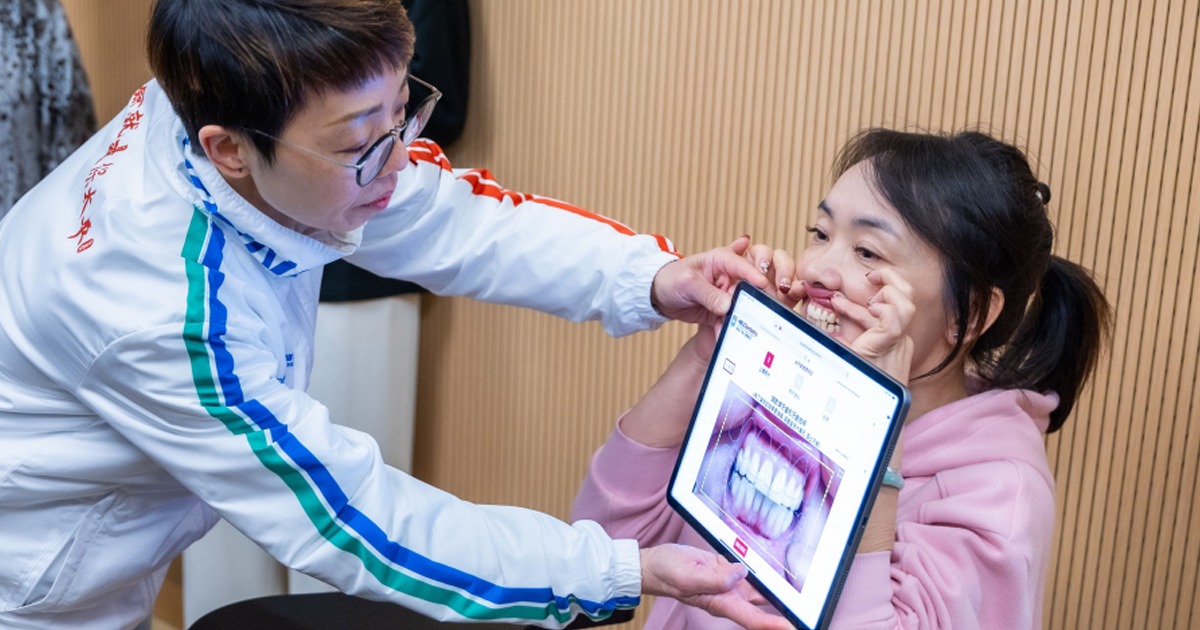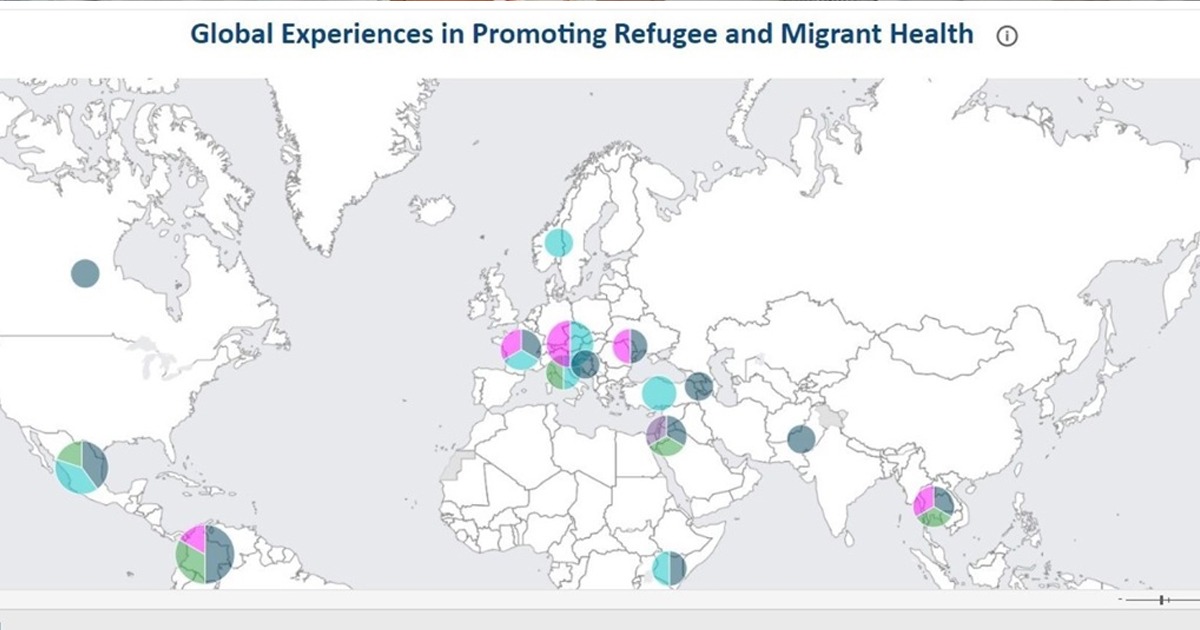Technological innovations and their adoption are advancing with greater force since the beginning of the pandemic.
Digital Health technologies, such as wearable devices, applications, software, Artificial Intelligence, among others, provide improvement opportunities for medical services. Personalization is key to achieving these improvements, by providing new tools for continuous patient monitoring; for informed decision-making or to facilitate access to health services.
"Personalization of health care has the potential to make the most effective care available to people faster and at lower overall cost than ever before, with the goal of achieving the best possible long-term clinical outcomes," explain the researchers. authors of the article Digital health in the era of personalized health care: opportunities and challenges to take research and patient care to a new level, published in Science Direct.
The adoption of Digital Health and its tools also has important challenges such as the regulation of software and devices, as well as the security of user data. “Integrating digital health solutions is often complicated, but it needs to be done in a way that drives long-term patient engagement with this technology,” the article mentions.

The personalization of telemedicine services and the increase in their use during the pandemic demonstrates the progress of Digital Health solutions in recent years. “Telehealth is here to stay. It's been up, down, and level, but as people become more comfortable with digital, it will increase. It's another modality of care delivery,” explained Scott Arnold, executive vice president and CIO of Tampa General Hospital.





